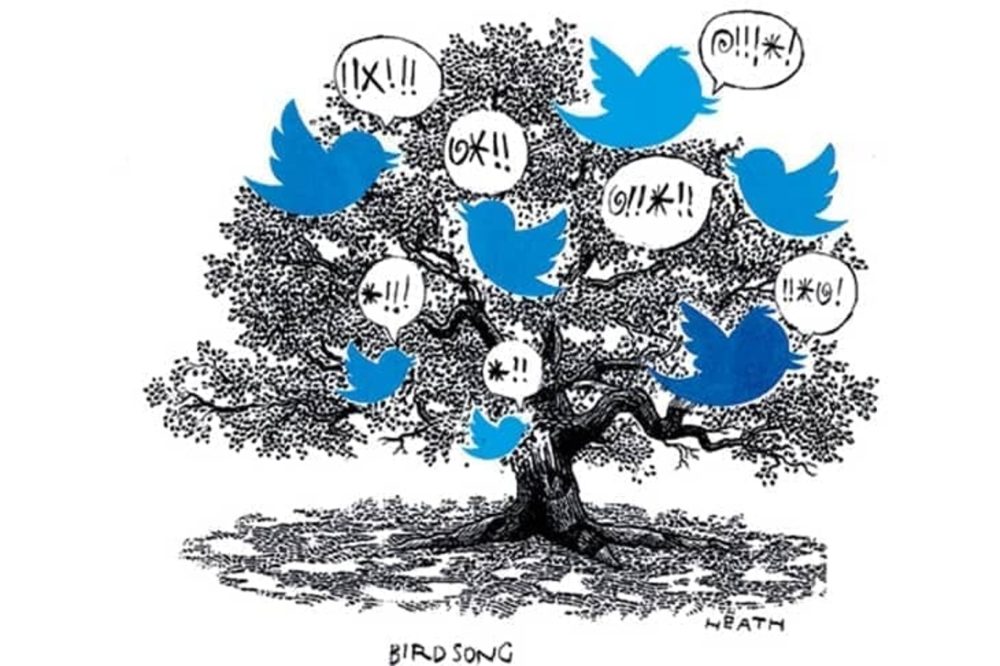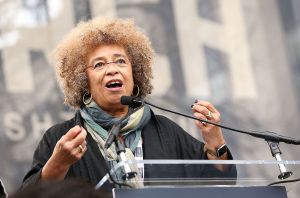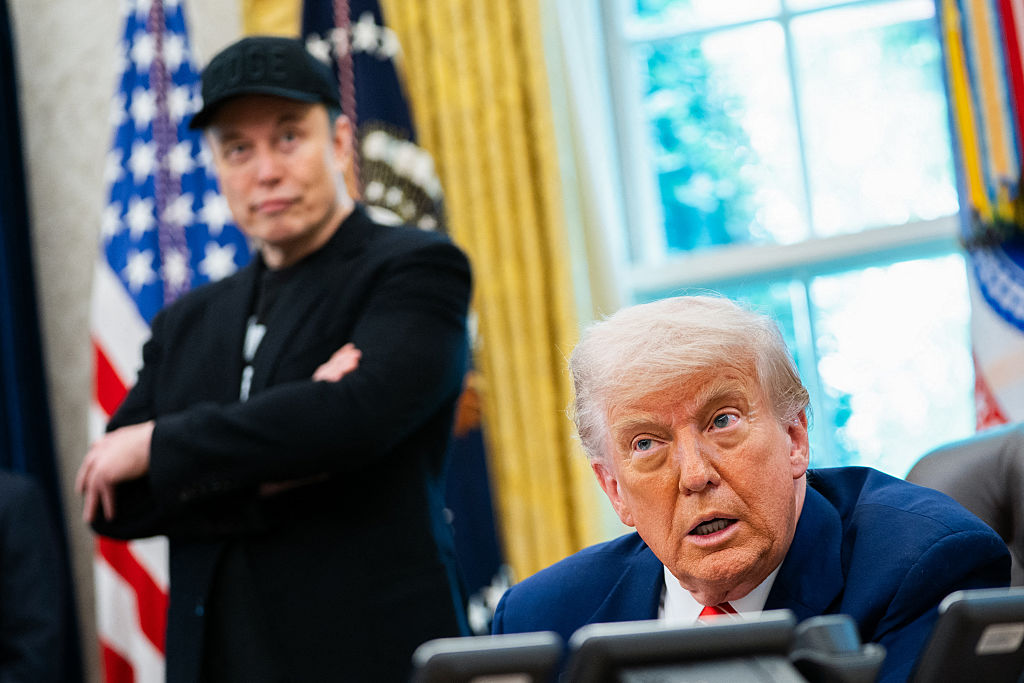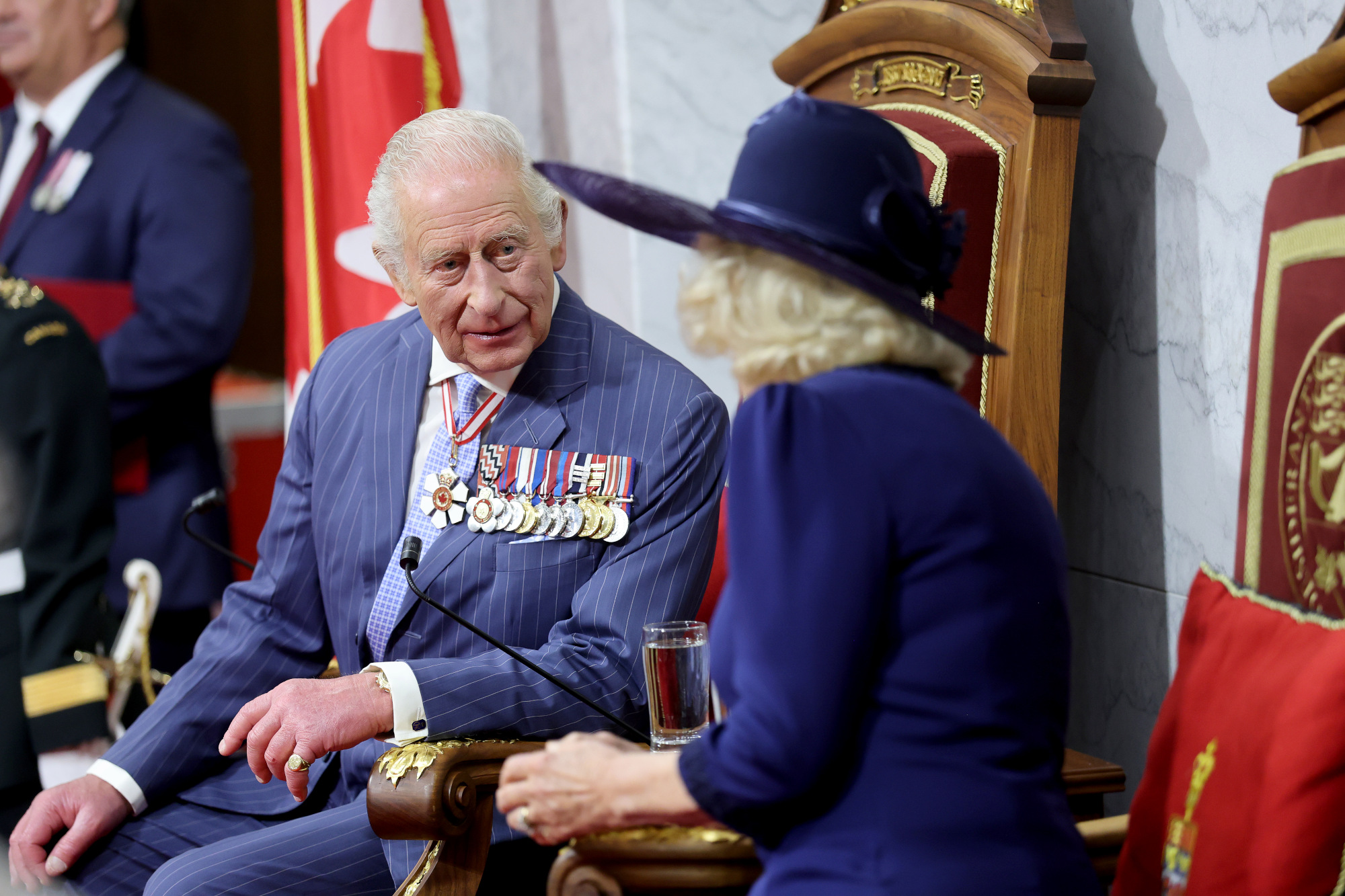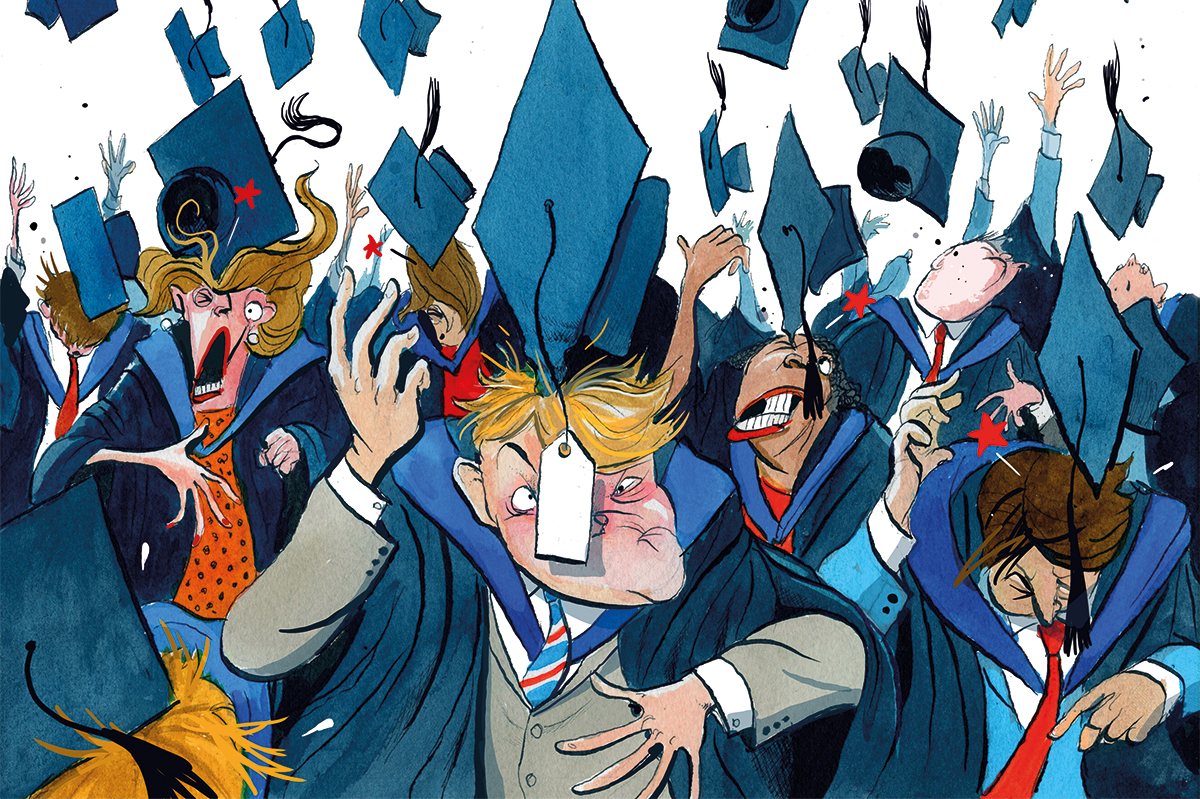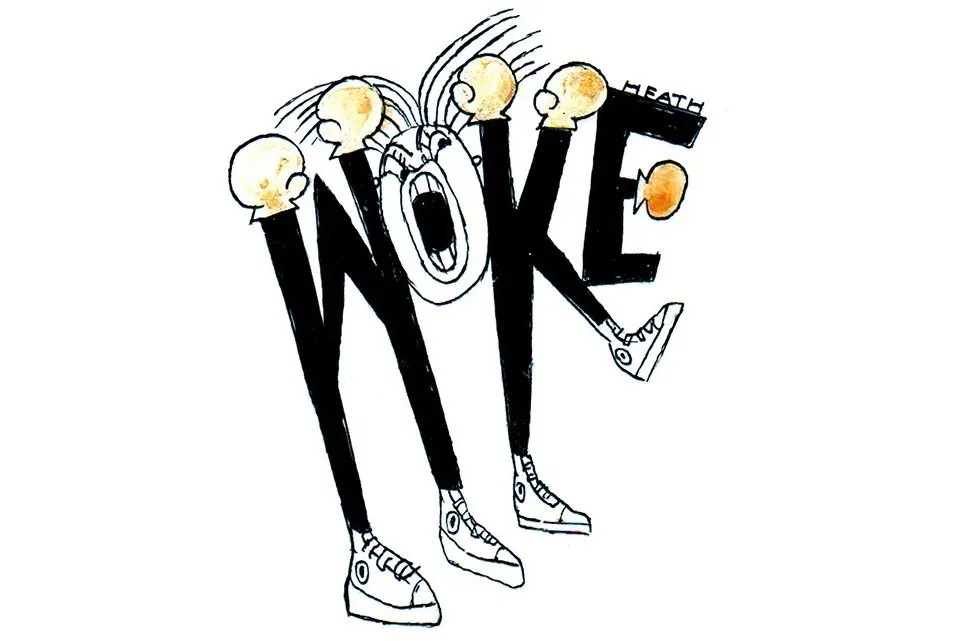I’m going to do something that will likely annoy you, dear reader: I am going to make an argument about a certain class of people without naming names.
If I do name names, any response will devolve into a debate over whether I am unfairly tarring the individuals in question. That’s beside the point, because the phenomenon in question is undoubtedly real.
That phenomenon is anti-wokeness curdling into reactionary crankery. Don’t get me wrong: as I’ve previously written, I think there’s a moral panic afoot in many liberal institutions. Whether you want to call it “wokeness” or something else, it seems undeniably the case that a culture of illiberalism has corroded these spaces. I still think the “Harper’s Letter” I signed in 2020 accurately captures things:
Editors are fired for running controversial pieces; books are withdrawn for alleged inauthenticity; journalists are barred from writing on certain topics; professors are investigated for quoting works of literature in class; a researcher is fired for circulating a peer-reviewed academic study; and the heads of organizations are ousted for what are sometimes just clumsy mistakes.
Some on the left still deny this, but they’re wrong. It’s undeniably real and harmful to liberal institutions.
Whether to speak out is one question; whether to make this fight central to one’s identity is another. And there’s a group of individuals who have gone full anti-woke, much to the detriment of their thinking.
What usually happens is this: some academic or other thinker or creative type is cheerfully chugging along in their career, living and working in progressive spaces. Maybe he is a professor, maybe he is a TV writer. Then, he commits some offense, or is perceived as having done so, and suddenly faces an onslaught of censure. Sometimes the opprobrium is wildly disproportionate to the offense. And there’s a very real walls-closing-in feeling, because the hate is coming from people he viewed as members of his “tribe,” sometimes friends or close colleagues.
These campaigns, I know from first- and secondhand experience, almost always involve sociopathic backchannel efforts to cut the victims off from their social and professional networks; anyone who is seen as “defending” them (by questioning the charges or the punishment at all) risks getting subsequently un-personed themselves. So, many people denounce or ignore their friends, rather than sticking up for them.
The person at the center of all this, suddenly finding themselves diminished in status, as well as friendless or close to it, becomes understandably resentful of certain contemporary left-of-center beliefs and mores. At the same time, he is flooded with support from conservatives and woke-skeptical liberals. The pull must be irresistible — if during this dark moment, one group despises you and tries to destroy you, and another group defends you, who are you going to want to interact with?
This can lead people down a dark path, though. It’s not a good idea to make anti-anything the center of your identity. Among the most ardent anti-wokesters I’ve noticed an obsessive fixation that causes the rest of the world to fade into an indistinct background fuzz. For example: radical lefty professors are annoying. Sometimes they do bad things, such as leading campaigns to get their colleagues fired or calling everything — everything — “fascist.” But they are not, in fact, one of America’s hundred most pressing problems. Yet if you followed the most brain-melted anti-wokesters, you would think that professors have more power than any other group in America.
Elsewhere there are anti-wokesters who in one breath decry the illiberal nature of “wokeness,” and who in the next declare their support for… Donald Trump. This is a crazy position! If liberalism is an important part of your identity, it should be impossible to support Trump, full stop. That doesn’t require you to embrace the frequently dislikable Democratic Party with every fiber of your being or anything, but please: a little common sense.
I’d also be remiss if I didn’t point out that many anti-woke types develop an exaggerated suspicion of mainstream authority that leads them to weird places, such as skepticism of Covid vaccines and the embrace of “alternative” (read: bunk) treatments.
It’s important to recognize that this illiberal moral panic isn’t even particularly popular among Democrats themselves. The Democratic tent is much bigger than the Republican one — it is a much more politically diverse coalition, ranging from exurban centrist “security moms” who aren’t averse to voting for moderate GOP members to genuine socialists who hold their noses to vote for Biden and Hillary center-left types.
If you despise wokeness, you should realize your beef is not with the median Democrat. Pro-wokeness is a deeply unpopular movement (if you can call it that), and a very contentious one even on the left, where a range of thinkers, from neoliberals to Marxists, have published thoughtful critiques of it.
I understand why some might believe otherwise. This illiberal belief system is disproportionately influential in many media, academic and nonprofit settings. But even there, there are often silent majorities whose mouths are agape at how weird things are getting — I know because they often email me. So if you’re skeptical of the moral panic roiling many parts of the left, I’m sympathetic. But I don’t think you should make that fight central to your identity, or abandon all belief in American liberalism. The people most responsible for making progressive spaces toxic are too-online weirdos. Don’t become one yourself.
This article was originally published in The Spectator’s July 2022 World edition.



